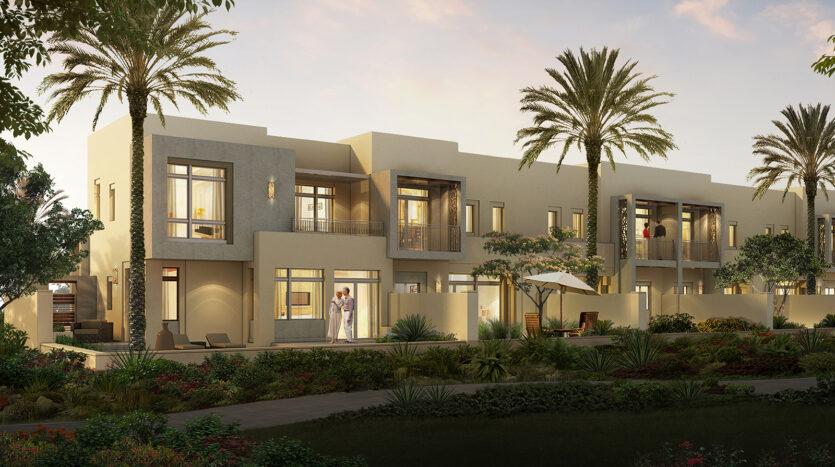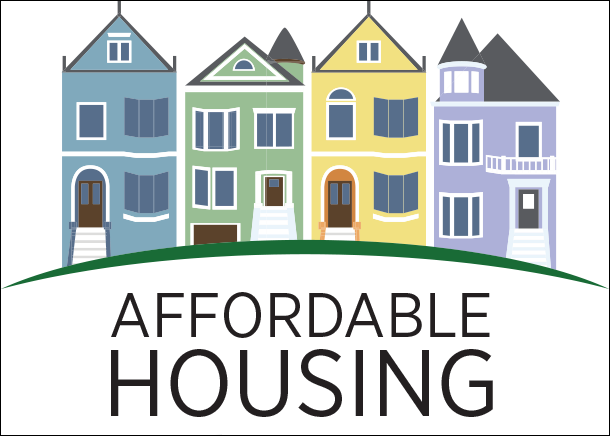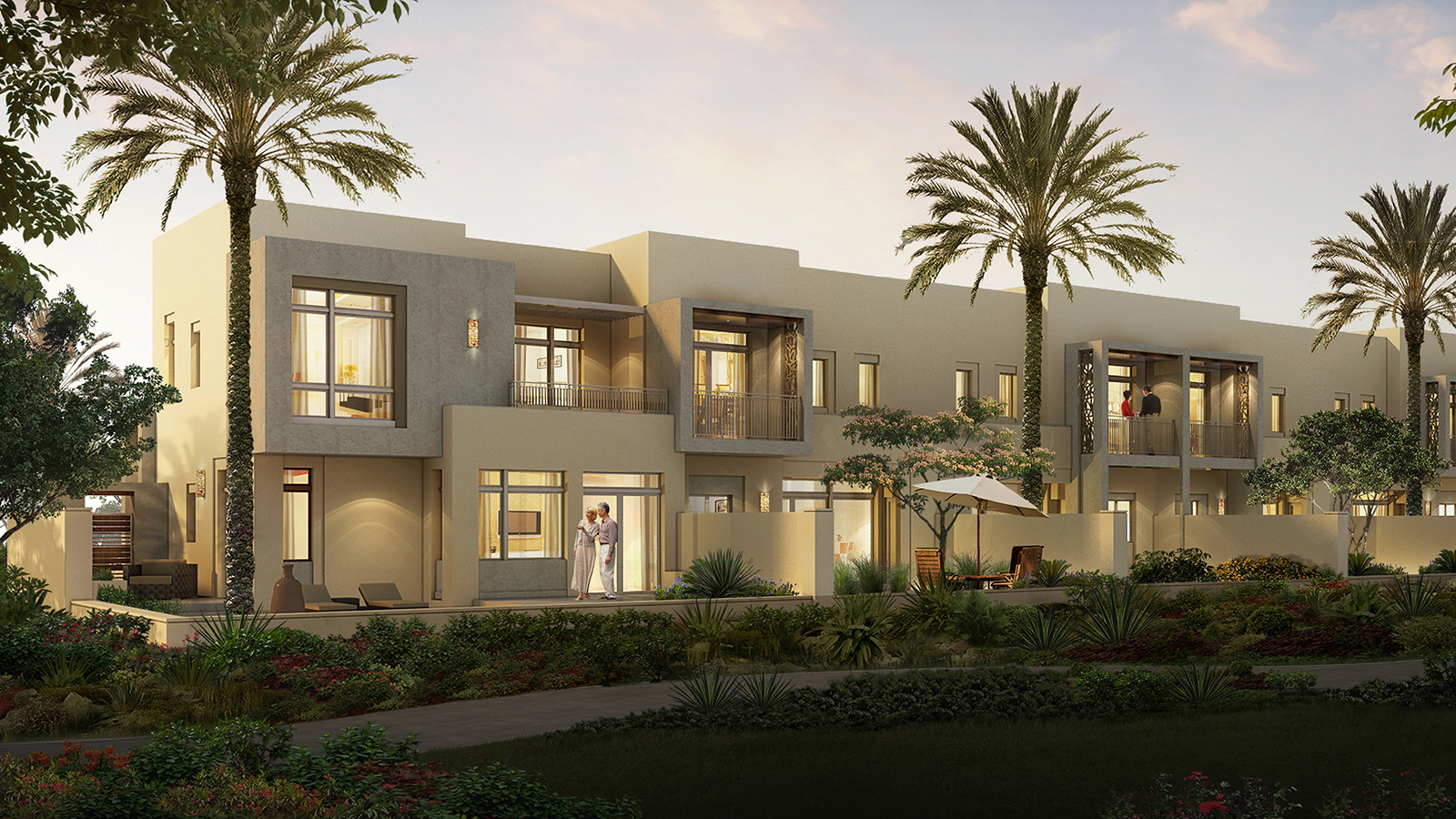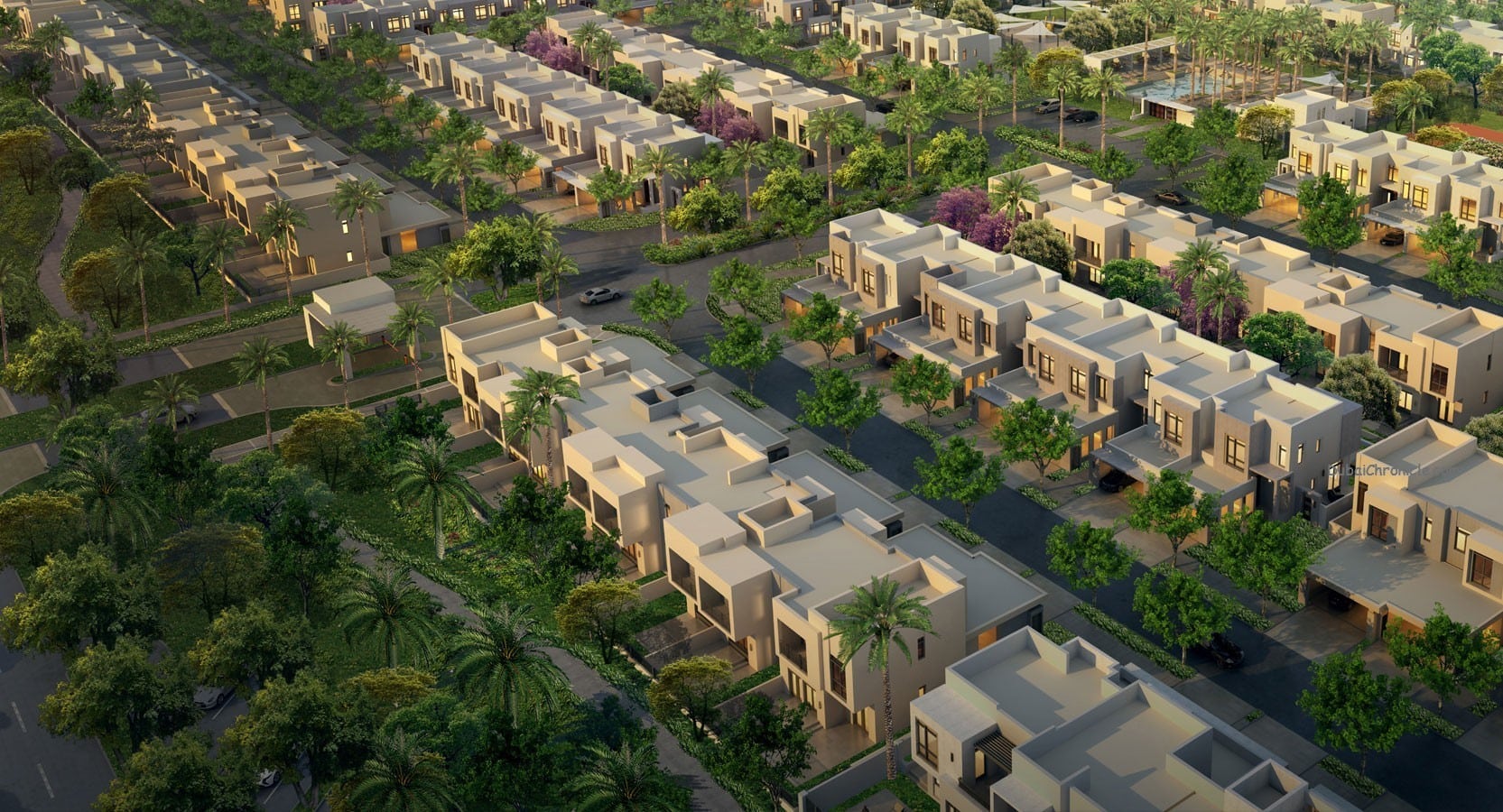Affordable Real Estate
Finding a dream home that fits within your budget can be a challenging task. The real estate market is constantly evolving, and prices can vary significantly depending on various factors such as location, size, and amenities. In this article, we will explore the concept of affordable real estate and provide you with valuable insights on how to navigate the market effectively. Whether you’re a first-time home buyer or looking to downsize, this guide will help you find your dream home without breaking the bank.
Understanding Affordable Real Estate
Table of Contents
Understanding Affordable Real Estate
Setting Your Budget
Exploring Up-and-Coming Neighborhoods
Considering Property Size and Layout
Evaluating Amenities and Features
Examining Transportation and Accessibility
Working with a Real Estate Agent
Negotiating the Best Price
Researching Financing Options
Conducting a Home Inspection
Understanding Additional Costs
Long-Term Investment Potential
Comparing Renting vs. Buying
Tips for Successful House Hunting
Conclusion
Understanding Affordable Real Estate
Affordable real estate refers to properties that are priced within the budget of a specific target market. The affordability factor is subjective and varies depending on the buyer’s financial situation, location, and personal preferences. While some individuals may consider a certain price range affordable, others may have different thresholds.
Setting Your Budget
Before embarking on your real estate journey, it’s crucial to determine a realistic budget. Consider your current financial situation, including your income, savings, and any debts or existing obligations. Consulting with a financial advisor can provide valuable insights into how much you can comfortably afford for your dream home.
Exploring Up-and-Coming Neighborhoods
To find affordable real estate, it’s essential to explore up-and-coming neighborhoods. These areas may offer properties at relatively lower prices compared to more established or popular locations. Research the neighborhood’s growth potential, amenities, crime rates, and proximity to essential facilities such as schools, hospitals, and shopping centers.
Considering Property Size and Layout
While searching for affordable real estate, consider the property’s size and layout. Look for homes that meet your specific needs, such as the number of bedrooms and bathrooms. Sometimes, smaller homes can offer great value for money, especially if they are well-designed and make efficient use of space.
Evaluating Amenities and Features
Affordable real estate doesn’t necessarily mean compromising on amenities and features. Look for properties that offer desirable amenities within your budget. These can include features like a backyard, garage, energy-efficient appliances, or access to community facilities such as swimming pools or gyms.
Examining Transportation and Accessibility
When assessing affordable real estate options, consider the transportation and accessibility factors. Look for properties with easy access to public transportation or major highways, as this can significantly enhance your daily commute and overall convenience. Additionally, proximity to schools, workplaces, and essential services can save you time and money in the long run.
Working with a Real Estate Agent
Engaging a reputable real estate agent can greatly simplify your search for affordable real estate. Agents have extensive knowledge of the local market and can provide valuable guidance based on your budget and preferences. They can help you find hidden gems and negotiate favorable deals on your behalf.
Negotiating the Best Price
Negotiating the price is an essential aspect of buying affordable real estate. Do thorough research on comparable properties in the area and be prepared to make a reasonable offer. Your real estate agent can assist you in the negotiation process to ensure you get the best possible price for your dream home.
Researching Financing Options
Exploring different financing options is crucial when considering affordable real estate. Look into mortgage programs, down payment assistance, or government initiatives designed to help individuals with limited budgets. Understanding the financing landscape can open up new possibilities and make homeownership more attainable.
Conducting a Home Inspection
Before finalizing your purchase, it’s essential to conduct a thorough home inspection. This step helps identify any potential issues or repairs needed in the property. Engage a qualified home inspector who can provide an unbiased assessment of the home’s condition, ensuring you are making an informed decision.
Understanding Additional Costs
When buying affordable real estate, it’s important to consider additional costs beyond the purchase price. These costs may include property taxes, homeowners association fees, insurance premiums, maintenance expenses, and closing costs. Factor in these expenses to get a comprehensive understanding of the total cost of homeownership.
Long-Term Investment Potential
While focusing on affordable real estate, it’s wise to consider the long-term investment potential. Research the market trends and growth prospects of the neighborhood to ensure your investment holds value over time. A well-chosen property in a developing area has the potential for appreciation, providing a solid return on investment in the future.
Comparing Renting vs. Buying
When exploring affordable real estate, it’s essential to weigh the pros and cons of renting versus buying. While renting may provide flexibility, homeownership offers stability and the opportunity to build equity. Evaluate your long-term goals and financial situation to determine which option aligns best with your needs and aspirations.
Tips for Successful House Hunting
To make your house-hunting journey successful, keep the following tips in mind:
– Research extensively about the market and neighborhood.
– Attend open houses and schedule private viewings to get a firsthand experience.
– Take notes and pictures during property visits for future reference.
– Maintain clear communication with your real estate agent throughout the process.
– Stay patient and persistent, as finding the right affordable real estate may take time.
Conclusion
Finding an affordable dream home is possible with careful planning and consideration. By setting a realistic budget, exploring up-and-coming neighborhoods, evaluating property features, and working with professionals, you can navigate the real estate market successfully. Remember to conduct thorough research, negotiate effectively, and consider long-term investment potential to make an informed decision. Your dream home awaits within your budget!
FAQ:
What is the cheapest type of real estate to buy?
The cheapest type of real estate to buy can vary depending on various factors such as location, market conditions, and property size. Generally, smaller properties like studio apartments or mobile homes tend to be more affordable compared to larger houses or luxury properties.
Which place is the cheapest to buy a house?
The affordability of buying a house can vary greatly depending on the country, city, and neighborhood. It’s challenging to pinpoint the absolute cheapest place to buy a house as it is subject to change over time. However, some regions known for relatively affordable housing options include certain rural areas, small towns, or economically less developed regions.
Why is Dubai real estate so cheap?
A: As of my knowledge cutoff in September 2021, Dubai real estate was not generally considered cheap. However, Dubai experienced a slowdown in its real estate market due to various factors, such as oversupply, economic uncertainties, and changes in market dynamics. It’s important to note that real estate markets are subject to fluctuation, and conditions may have changed since then.
What is the cheapest area to live in Dubai?
Dubai’s real estate market varies in terms of affordability, and it is essential to consider your specific requirements and budget. However, areas like International City, Al Warsan, and Discovery Gardens have been known for relatively affordable housing options. It’s advisable to conduct thorough research and consult with local real estate professionals for up-to-date and accurate information.
Is affordable real estate only available in less desirable neighborhoods?
No, affordable real estate can be found in both up-and-coming neighborhoods and established areas. It’s important to explore various options and consider factors beyond location.
Are there any government programs that assist with purchasing affordable real estate?
Yes, there are government initiatives and down payment assistance programs available to help individuals with limited budgets achieve homeownership. Kindly evaluate these programs to determine your eligibility. Craft a unique and personalized description.
Can I negotiate the price of affordable real estate?
Yes, negotiation is possible for any real estate purchase, including affordable properties. Conduct thorough research and work with a real estate agent to negotiate the best price.
Are there any hidden costs associated with affordable real estate?
Yes, beyond the purchase price, there may be additional costs such as property taxes, maintenance expenses, and closing costs. It’s important to consider these costs when budgeting for homeownership.
Should I prioritize affordability over other factors when buying real estate?
Affordability is an important factor to consider when buying real estate, but it shouldn’t be the sole determining factor. Take into account other aspects such as location, amenities, long-term investment potential, and your personal needs and preferences to make a well-rounded decision.





